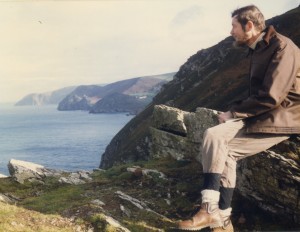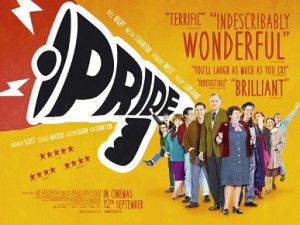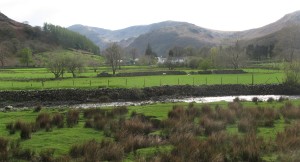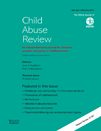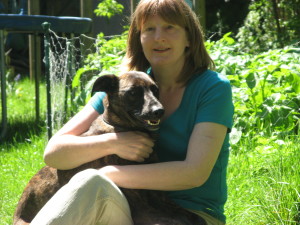This morning, in our reflections, Lois and I were using a practice called Terra Divina which we came across in Ian Adams’ helpful book, Running over rocks. Adams encourages us to pause and contemplate the natural world around us, to ‘read the text of the landscape. [This is] like reading a book, except now it’s another language that you are reading – of clouds and birds and trees and sunlight.’ We seek whatever catches our attention and accept that as a gift.
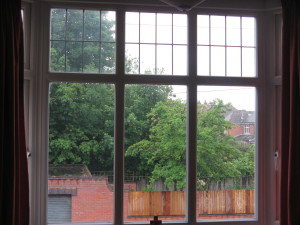
As I looked out of our window on the damp summer morning, I was drawn to the flat, grey sky beyond the trees. All was dull, shallow, grey. There were none of the usual dawn colours of the sky; none of the depth of blues and golds and pinks. The trees were lacking their usual green vibrancy. Even the birds were muted in their morning symphony of praise.
As I lingered with the greyness, I thought of the young couple I visited yesterday evening. For them this morning will bring no leaping green trees, no blue dream of sky[1]. Just the dull reality of life without their little baby; the steady trickle of rain and tears; grey.
I trust that, one day, hints of colour might start to creep back into their lives. But for now, all I can do is hold them in my thoughts in the grey of this day.
Kyrie Eleison
[1] From ‘I thank you God for this most amazing day’, Chapel of Tarore Songbook, Ngatiawa River Monsatery

